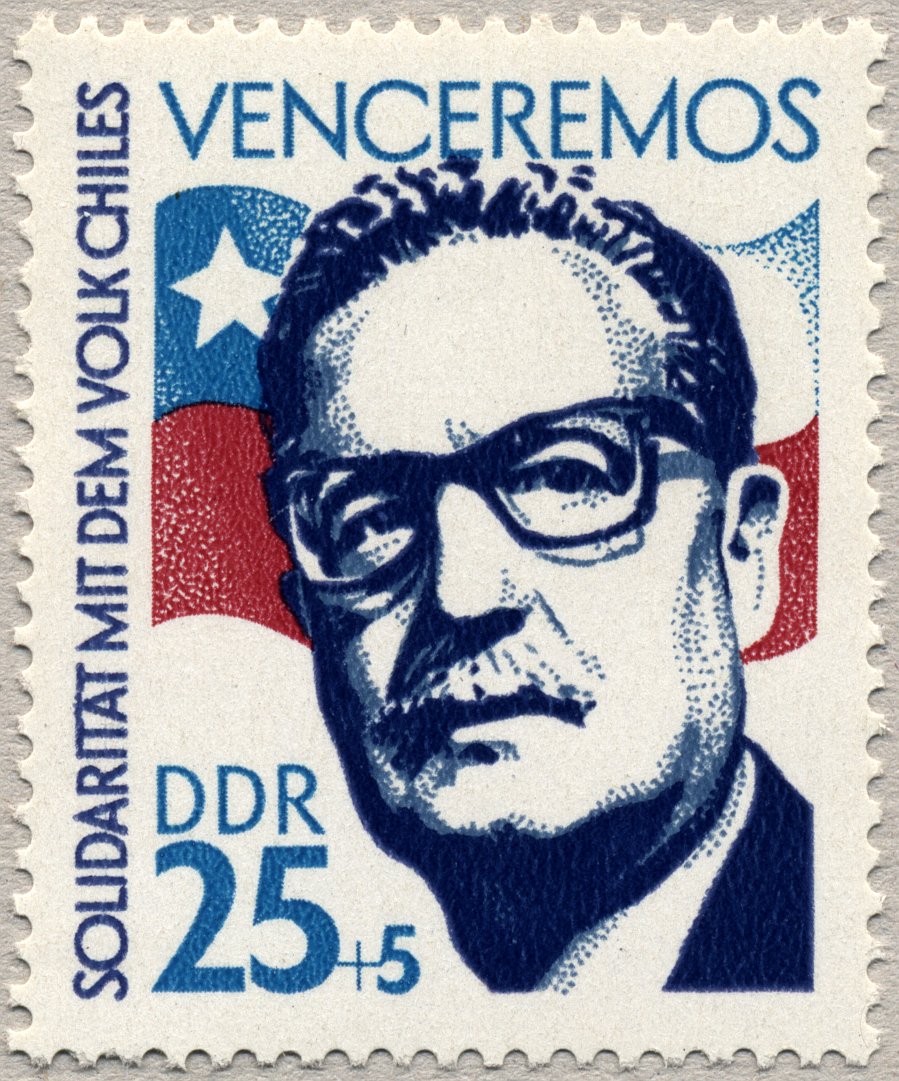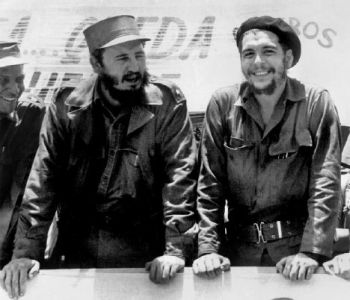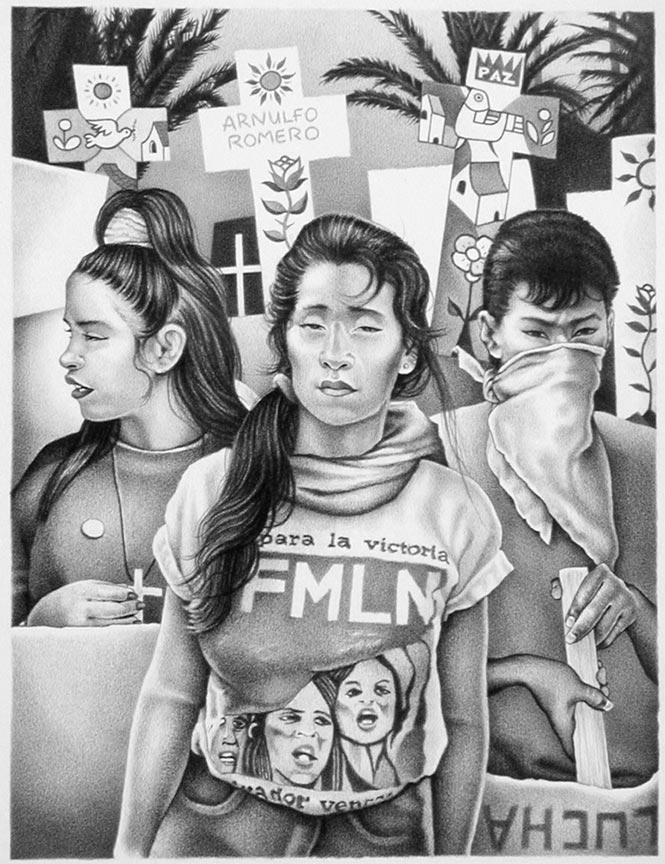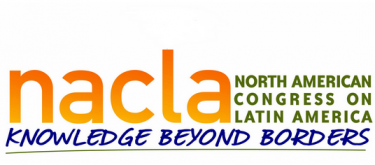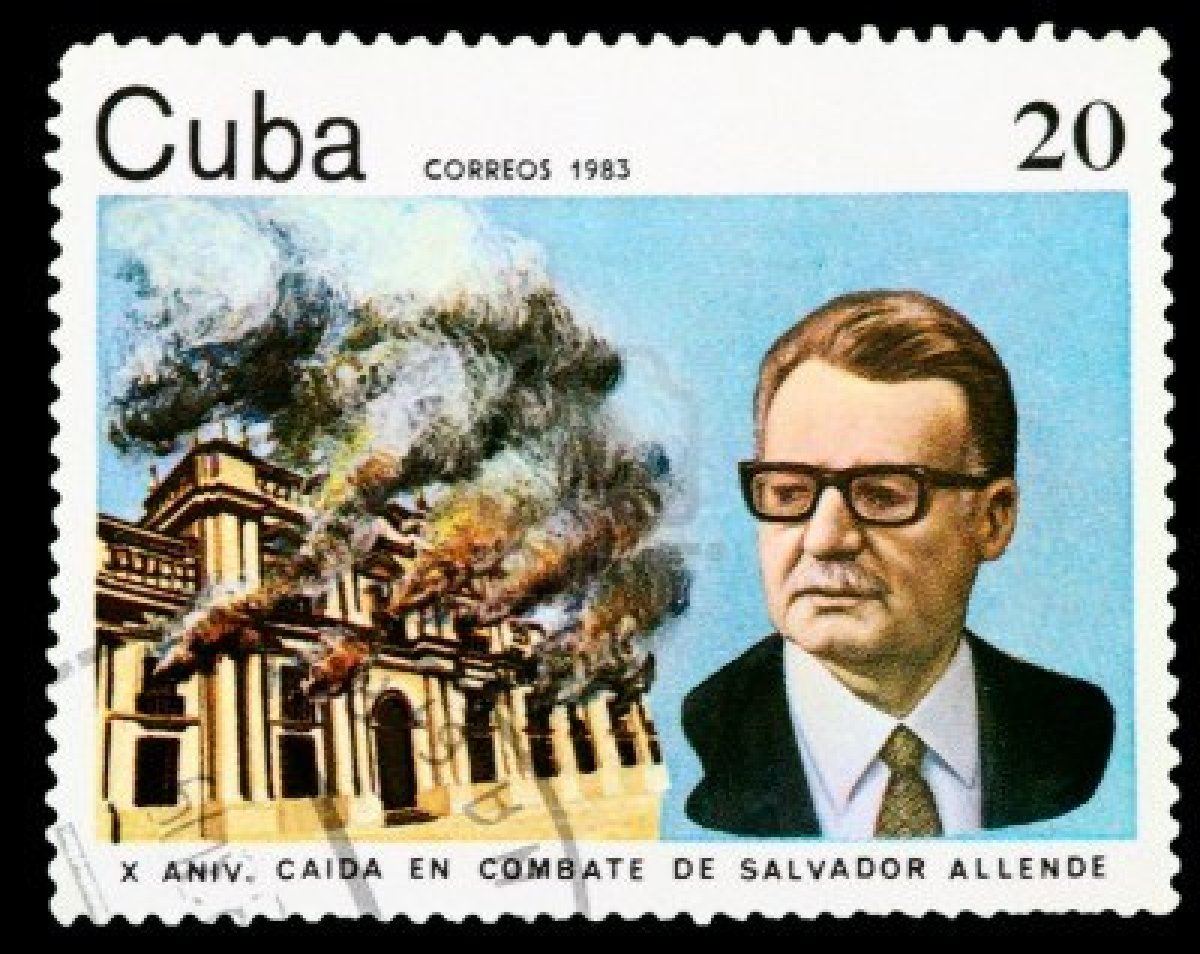Latin America
This collection contains materials from Central and South America and the Caribbean. Primary topics include Cuba and the Cuban Revolution, the Sandanista revolution in Nicaragua, the Nicaragua-Contra War, the Chilean struggle for independence and US imperialism.
Subcollections
-
Chile
This collection focuses primarily on the advent of the elected socialist Presidency of Salvador Allende in Chile, the 1973 fascist coup against Allende, engineered by the CIA and led by General Augusto Pinochet, and the subsequent repression of the left. -
Cuba
This collection primarily contains recordings focusing on various aspects of life in Cuba after their Communist Revolution. -
El Salvador
This collection contains materials related to the liberation struggle in El Salvador. -
Guatemala
This collection contains materials detailing the revolutionary struggles in Guatemala, the role of Guatemalan women during the revolution and the United States role in Guatemalan politics. -
NACLA
North American Congress on Latin America (NACLA) is an independent non-profit organization founded in 1966 to research the political economy of the Americas and US policy towards the region. -
Nicaragua
These materials focus primarily on the Sandanistas and their struggle for national liberation. -
Struggles in Latin America
This collection contains materials from throughout Latin America. Detailed interviews, poems and accounts from the 1973 revolution in Chile, the Sandinista Contra conflict in Nicaragua, and from revolutionary forces El Salvador are all included.
Documents
4 Documents Found
Around 8000 refugees return from Honduras to El Salvador and suffer violent abuses from the military. People ask the Christiani government to intervene. Christiani introduces legislation to nullify the land reform decrees of 1980. If passed critics say this will hurt cooperatives and further consolidate land into the hands of the few. FMLN sees a positive side to the elections in Nicaragua. U.S. critics call it the victory of violence and intimidation. The report turns to Panama and the U.S. occupation post invasion, citing yet more human rights violations by the U.S. and cover up attempts.
Date: 11/4/1989Call Number: LA 110Format: CassetteProgram: El Salvador in FocusCollection: El Salvador
On October 31, 1989 a bomb explodes in the National Federation of Salvadoran workers (FINASTRAS) headquarters killing 12 people. The military had recently named human rights organizations and labor unions as front groups for the FMLN. The labor unions hold the military responsible for the bombing. Earlier the same morning a bomb exploded in the building of the Mothers of the Disappeared and Assassinated. The Salvadoran Government, with the aid of U.S. tax dollars, is violently and openly targeting dissenters. This tape also contains exerts of an interview with Robert Dabuson, Arena Party President for Life. Dabuson was named in an unpublished U.S. embassy report as the mastermind behind the assassination of Archbishop Oscer Romero in 1980. Also, 1600 refugees are allowed to return from Honduras to their native villages in El Salvador.
Date: 10/28/1989Call Number: LA 119AFormat: Cass AProgram: El Salvador in FocusCollection: El Salvador
More allegations arise implicating the El Salvador military and their direct involvement with the Death Squads torturing, executing, and terrorizing the civilian population. Members of the military and the national police have been repeatedly identified as active in the Death Squads. A deserter from the First Infantry Brigade and former Death Squad member testifies that high ranking military officials and U.S. advisors directly support Death Squad activity. Students at the National University are targeted. Sixteen hundred refugees begin a long march home from Honduras. Refugee and repatriation leaders are captured by the El Salvador military on their way to the border and their whereabouts are unknown. In San Jose, Costa Rica, peace talks between the FMLN and the Christiani government end with no resolution.
Publisher: The North American Congress On Latin AmericaYear: 1998Volume Number: Vol. 31-5 March-AprilFormat: PeriodicalCollection: NACLA
The Wars Within: Counterinsurgency in Chiapas and Colombia
4 Documents Found

